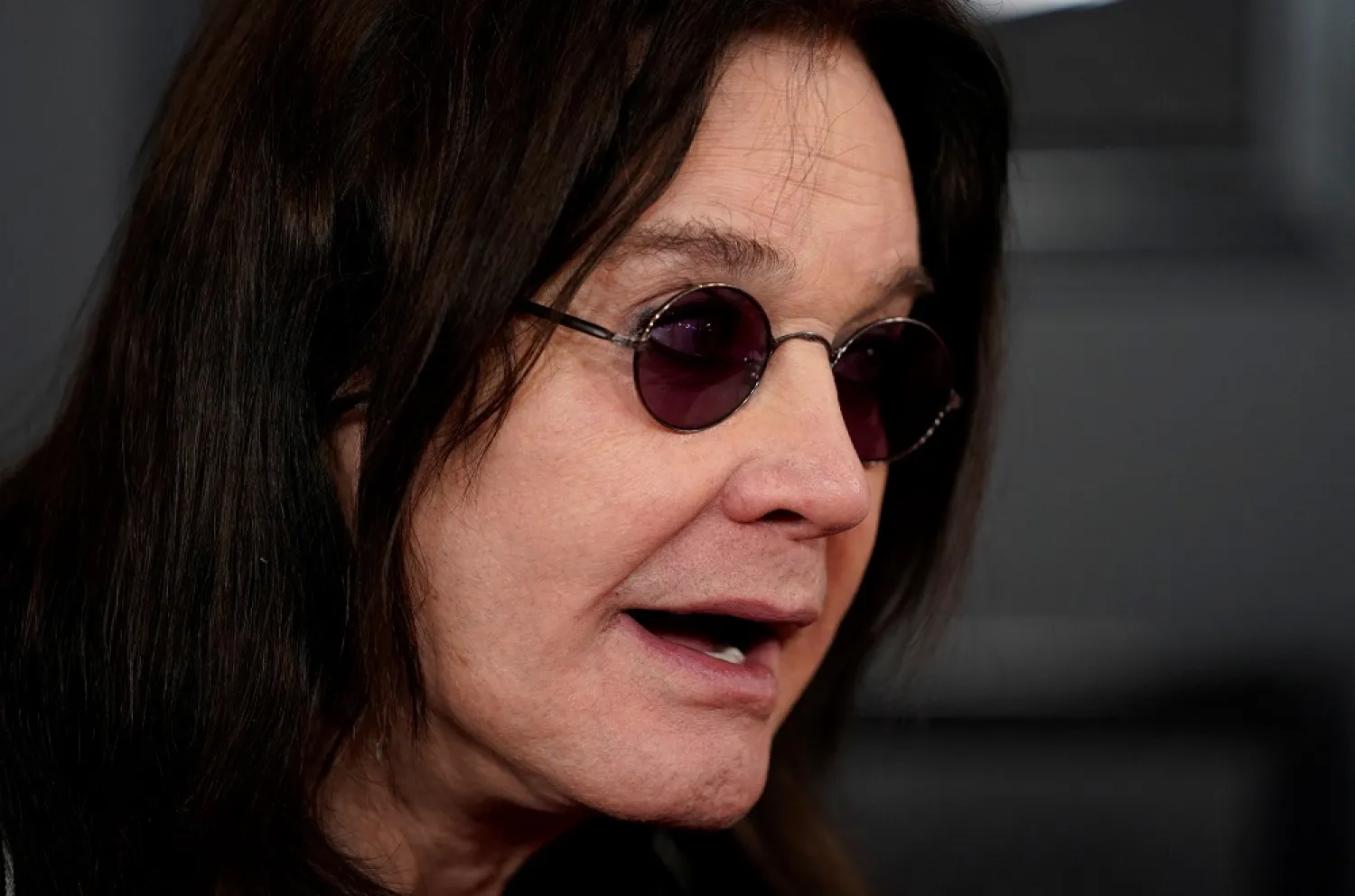British rocker Ozzy Osbourne is "doing well and on the road to recovery" after undergoing surgery earlier this week, his wife said.
Sharon Osbourne in a message on Instagram thanked fans for their support, after saying last week that the frontman for the former group Black Sabbath was going to have "a very major operation" on Monday. She did not give details about the surgery.
"Our family would like to express so much gratitude for the overwhelming amount of love and support leading up to Ozzy’s surgery," Sharon Osbourne wrote on Tuesday. "Ozzy is doing well and on the road to recovery! Your love means the world to him.”
The music manager and television personality on Friday told her co-panellists on her UK chat show "The Talk" that she would be traveling to Los Angeles at the weekend to be with her husband, describing the surgery as one that was "really going to determine the rest of his life".
In an interview with Classic Rock magazine last month, Ozzy Osbourne, 73, said he was still struggling with injuries sustained from a 2003 quad bike accident. A 2019 fall at his home exacerbated the injuries and he required surgery.
"I’m just waiting on some more surgery on my neck. I can’t walk properly these days. I have physical therapy every morning," he told the magazine. "I am somewhat better, but nowhere near as much as I want to be to go back on the road."









